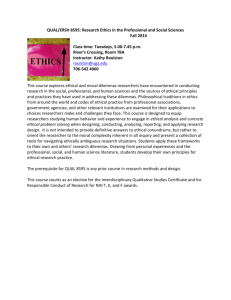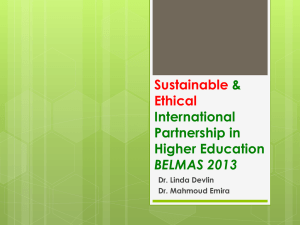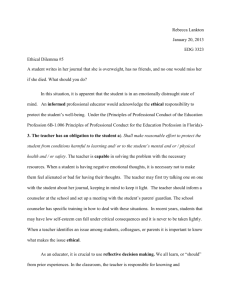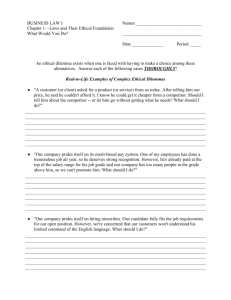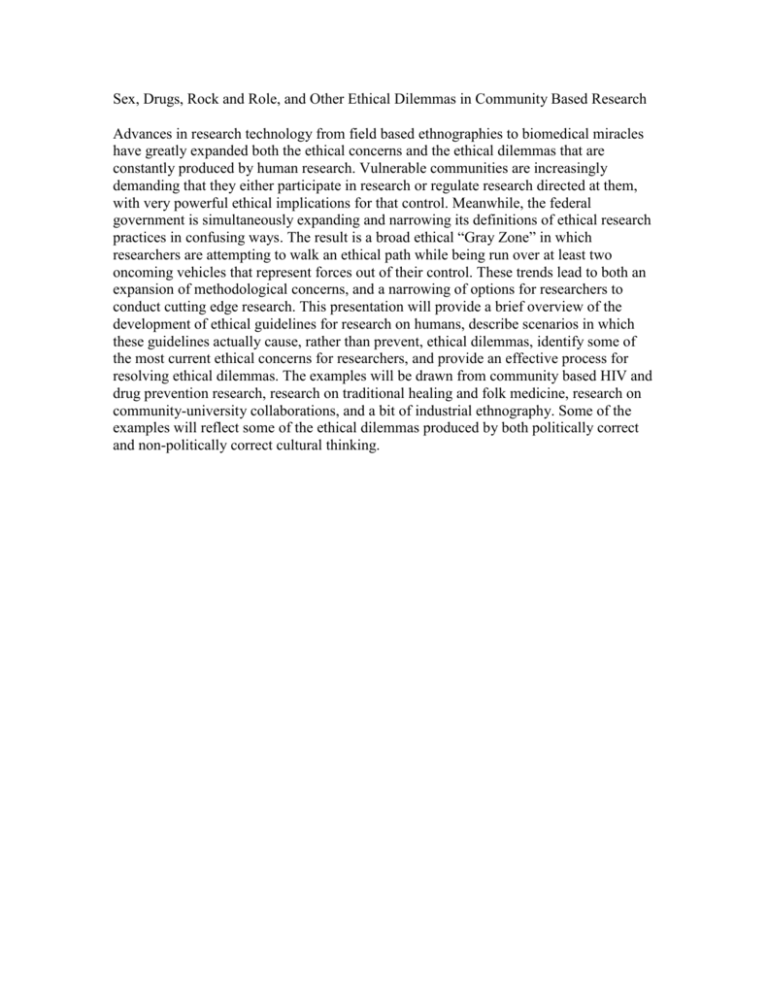
Sex, Drugs, Rock and Role, and Other Ethical Dilemmas in Community Based Research
Advances in research technology from field based ethnographies to biomedical miracles
have greatly expanded both the ethical concerns and the ethical dilemmas that are
constantly produced by human research. Vulnerable communities are increasingly
demanding that they either participate in research or regulate research directed at them,
with very powerful ethical implications for that control. Meanwhile, the federal
government is simultaneously expanding and narrowing its definitions of ethical research
practices in confusing ways. The result is a broad ethical “Gray Zone” in which
researchers are attempting to walk an ethical path while being run over at least two
oncoming vehicles that represent forces out of their control. These trends lead to both an
expansion of methodological concerns, and a narrowing of options for researchers to
conduct cutting edge research. This presentation will provide a brief overview of the
development of ethical guidelines for research on humans, describe scenarios in which
these guidelines actually cause, rather than prevent, ethical dilemmas, identify some of
the most current ethical concerns for researchers, and provide an effective process for
resolving ethical dilemmas. The examples will be drawn from community based HIV and
drug prevention research, research on traditional healing and folk medicine, research on
community-university collaborations, and a bit of industrial ethnography. Some of the
examples will reflect some of the ethical dilemmas produced by both politically correct
and non-politically correct cultural thinking.

